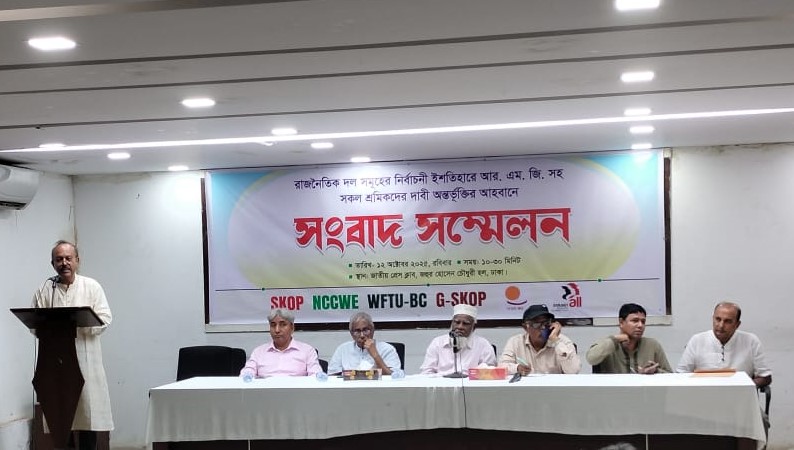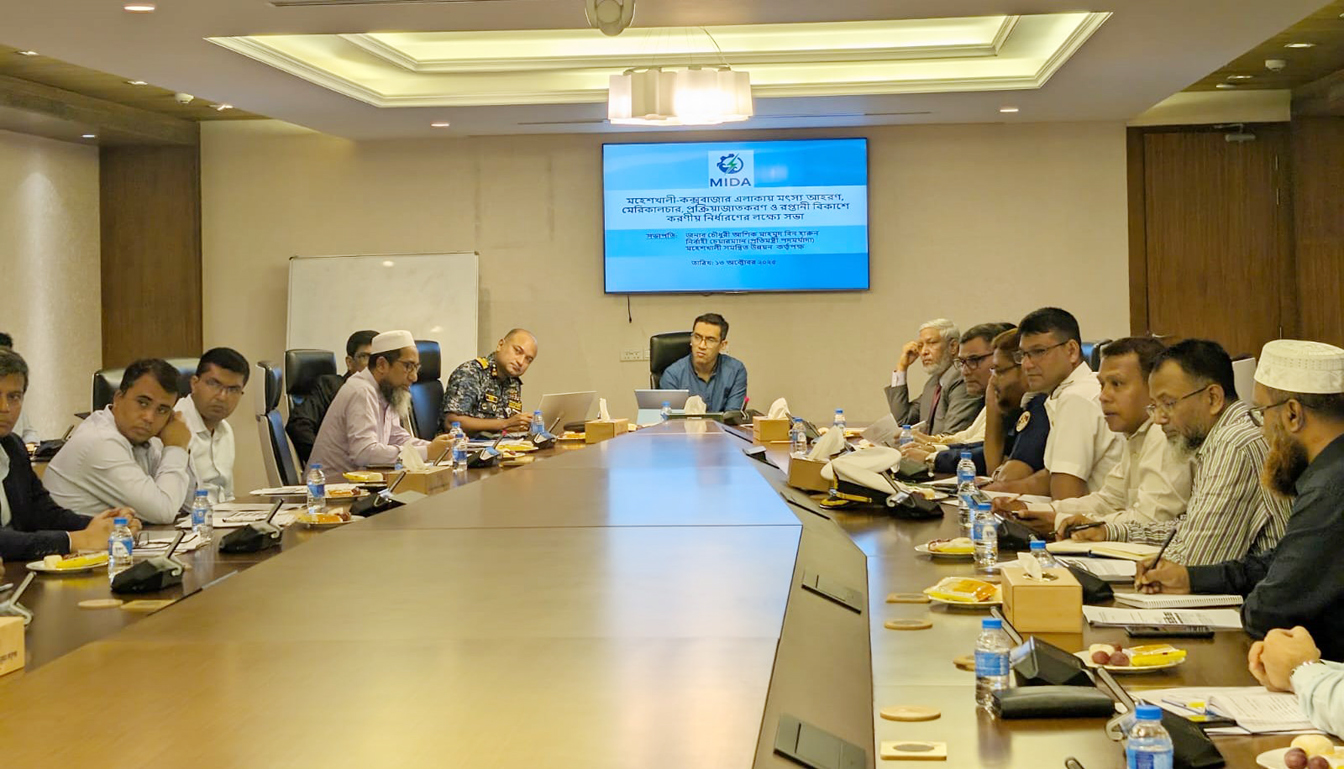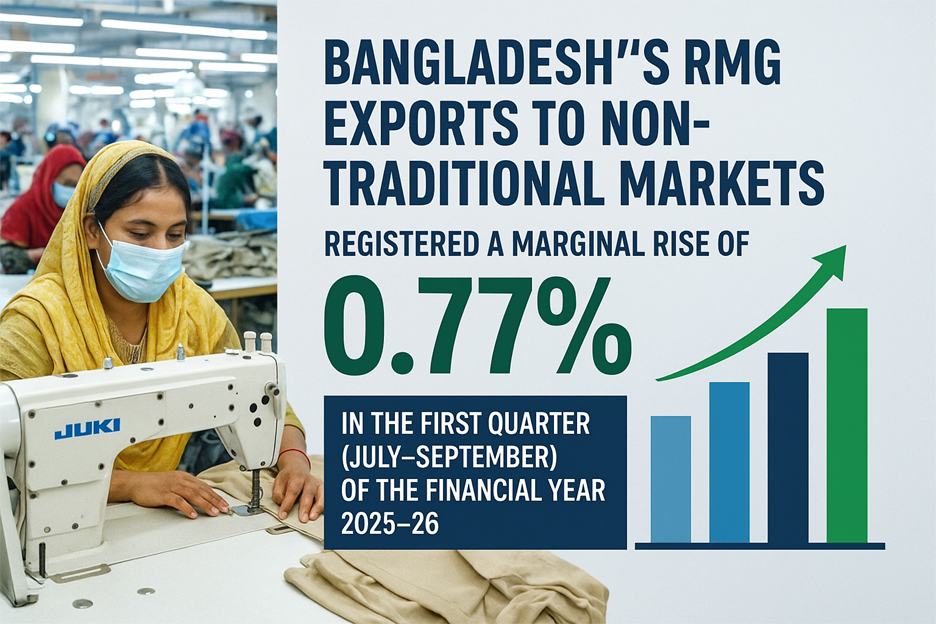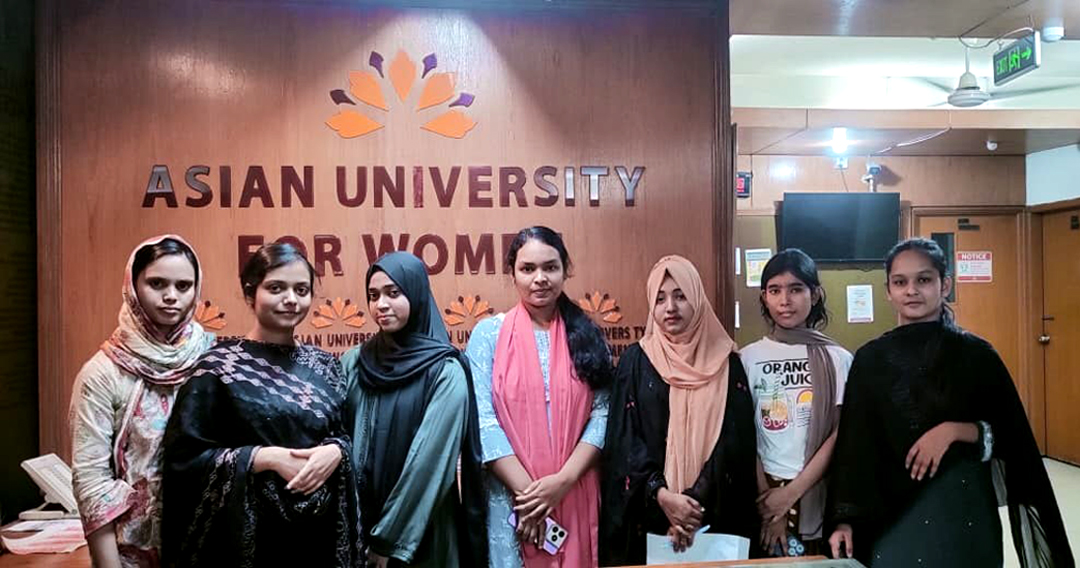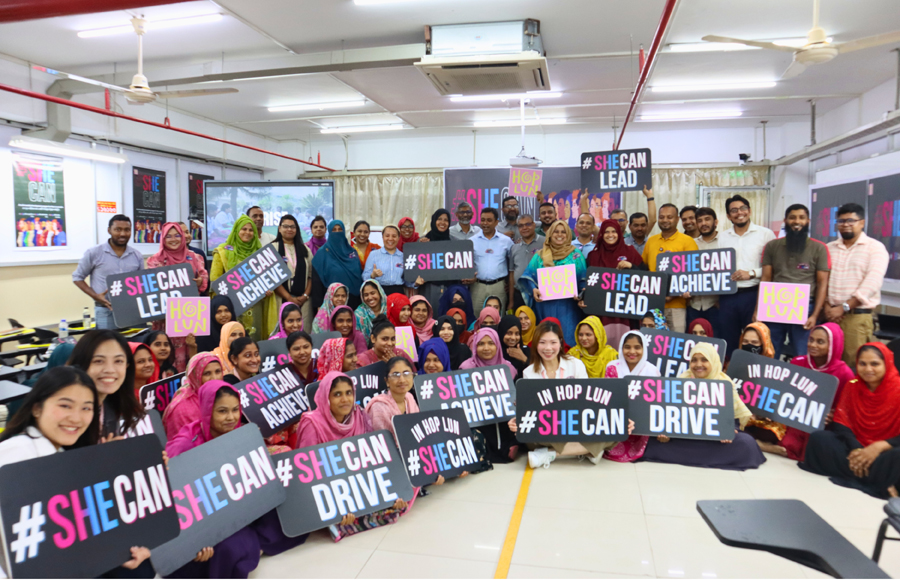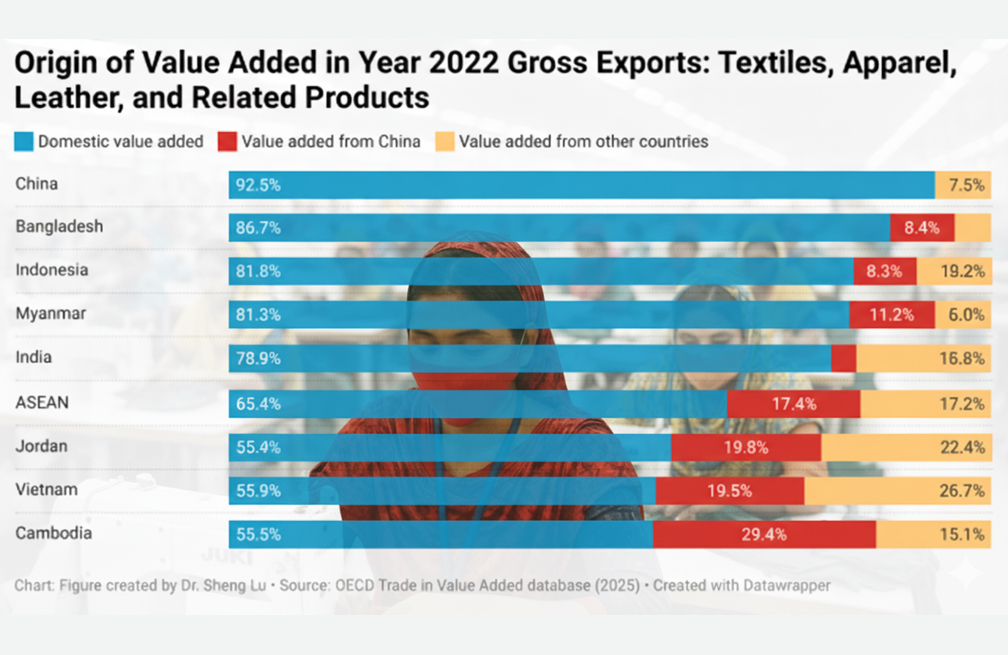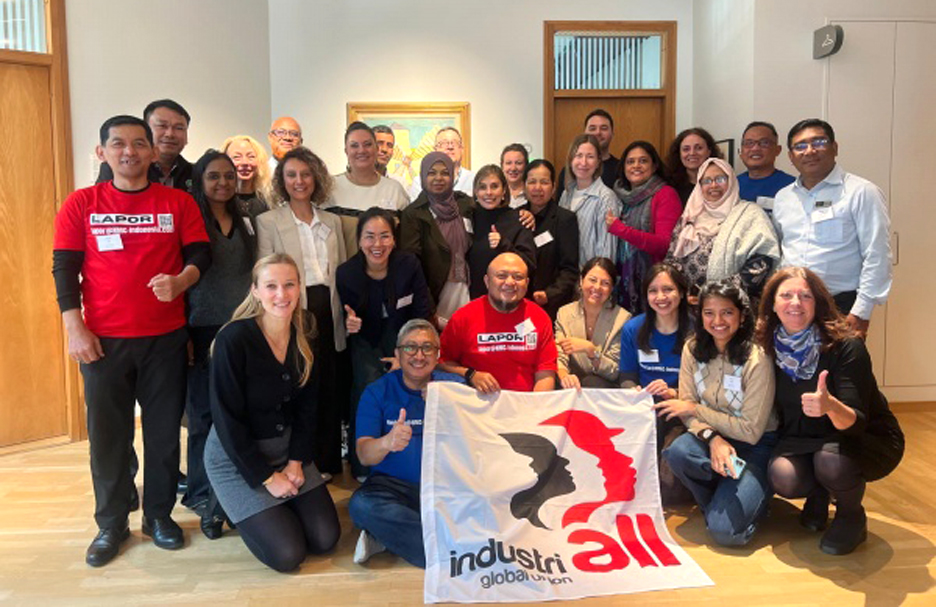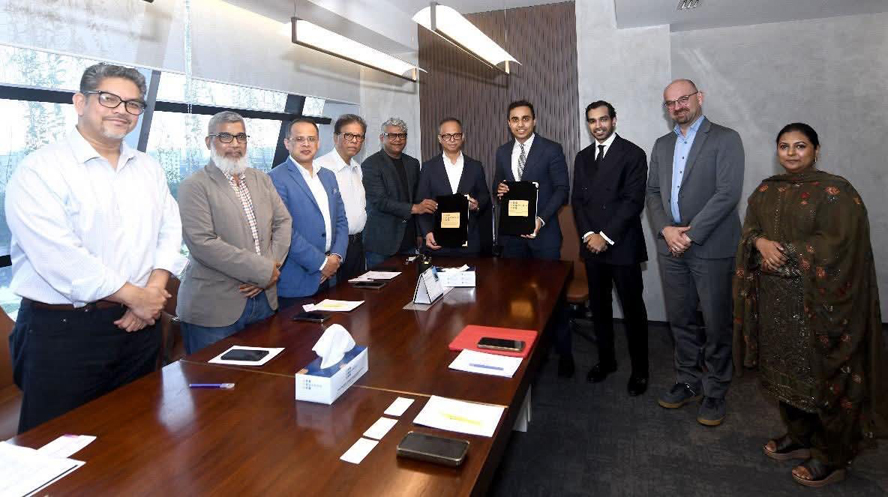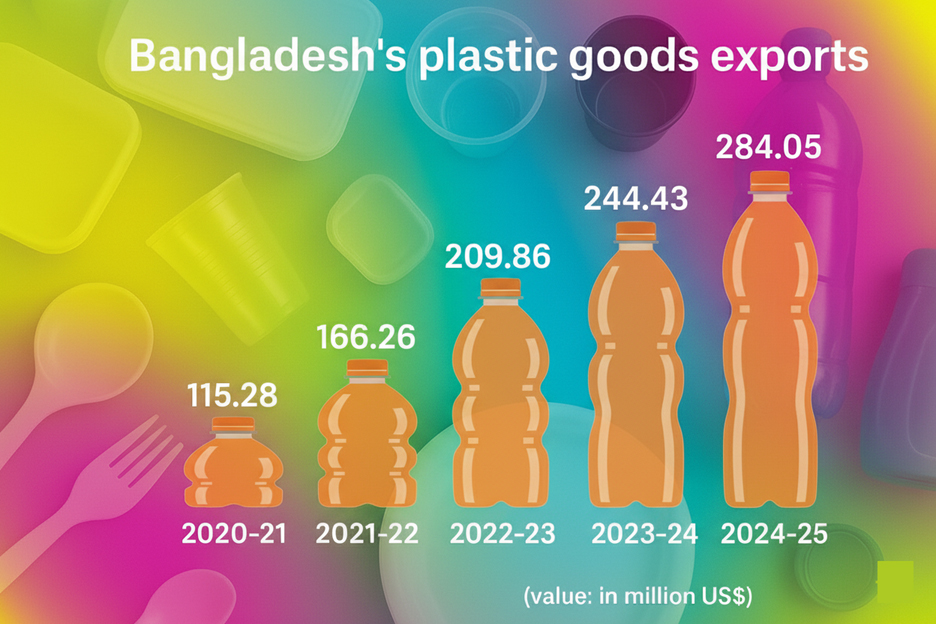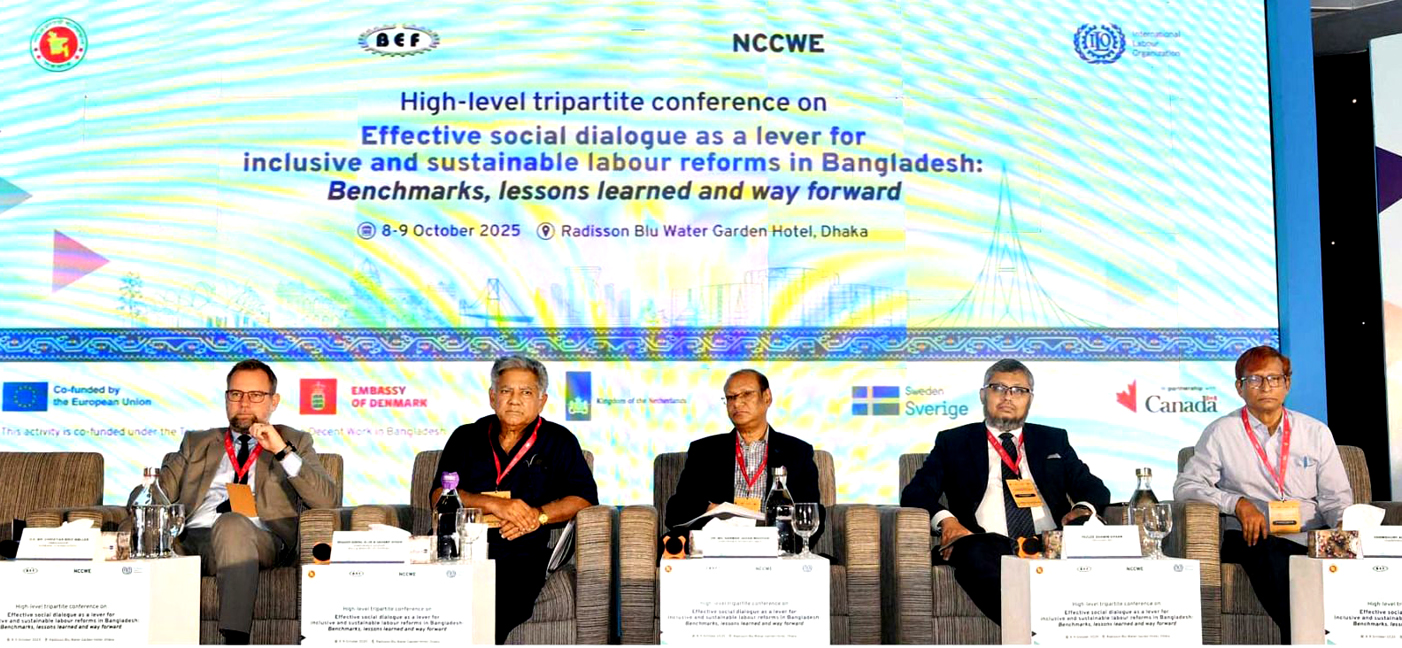The RMG Working Group Core Committee, representing a coalition of readymade garment (RMG) trade union platforms, has presented a 12-point charter of demands calling on political parties to incorporate workers’ rights, welfare, and social protection issues into their election manifestos.
At a press conference held on Sunday morning at the National Press Club in Dhaka, the committee urged the government and political parties to take immediate steps to implement these measures if elected, describing them as essential for a fair and sustainable garment industry that upholds workers’ dignity, equality, and justice.
The key demands highlighted by the committee include stronger trade union rights, collective bargaining, and the withdrawal of retaliatory cases against union leaders and members.
Trade union leaders called for a national minimum wage with legal protection, a wage structure aligned with the cost of living, and guaranteed job security for all workers.
The Council announced several activities in the run-up to the national election to advance their demands.
These include submitting proposals to political parties between October 15 and 30, printing and distributing informational materials between November 20 October and 10, organising regional conferences in Gazipur October on 24, Savar–Ashulia on October 31, and Postogola November on 15, and holding dialogue meetings with political parties and organisations in the final week of November.
The Core Committee also emphasised the importance of a safe and healthy work environment, the enforcement of building and fire safety standards, and the establishment of robust accident prevention and health systems across the industry.
The trade unions further demanded the introduction of mandatory pension and provident funds, permanent implementation of the Employment Injury Scheme, and subsidised ration cards for essential commodities.
They stressed the need for quality education for workers’ children, dedicated hospitals in garment zones, and social safety programmes to protect workers from sudden job losses. Additionally, they called for affordable housing for all garment workers and an expansion of welfare and social protection schemes.
Women’s welfare and gender equality featured prominently in the charter. The unions proposed six months of paid maternity leave, the introduction of paternity leave, and improved maternal healthcare services through modernised Labour Welfare Centres.
They also called for day-care centres in every factory and region, alongside strict measures to eliminate workplace harassment and gender-based violence.
The committee urged the government to enact separate legislation addressing such violence, in line with ILO Convention 190, and to ensure safe transport facilities for women workers.
On labour rights and justice, the committee demanded an increase in the number of labour courts, digitalisation of case management, and shorter case durations.
It also proposed introducing Alternative Dispute Resolution mechanisms to ensure swift and fair settlements of labour disputes. To enhance transparency and accountability, the committee called for an impartial and inclusive labour inspection system that safeguards Bangladesh’s image in the global apparel market.
Addressing future challenges, the RMG Working Group Core Committee urged the government to adopt strategies to manage the impact of automation and climate change on employment.
It called for retraining programmes, skill development initiatives, and the establishment of certification systems for workers’ skills.
The committee also advocated for the formal adoption of Human Rights Due Diligence laws to prevent worker exploitation and ensure humane working conditions.
The unions reaffirmed their commitment to the just rights of all working people and urged political parties to pledge implementation of the Labour Reform Commission’s recommendations.
They argued that ensuring workers’ rights is fundamental to national development, sustainable economic growth, and the creation of an equitable society founded on justice and human dignity.
The press conference was chaired by Abdul Kader Hawlader, Joint Convener of SCOPE, and conducted by Shakil Akhtar Chowdhury, Member Secretary of International Trade Union Confederation (ITUC) Bangladesh council.
The written statement was read out by Salauddin Swapan, a leader of the Industriall Bangladesh Council (IBC).
Among those present were Razequzzaman Ratan, Member Secretary of WFTU; Kutubuddin Ahmed, President of IBC; Kazi Ruhul Amin, Joint Convener of G–SCOPE; Babul Akhter, General Secretary of IBC; Badal Khan, Chairman of NCCWE; Nur Mohammad Akand, Chairman of ITUC; Amirul Haque Amin, Member of IBC; Abul Kalam Azad, Senior Vice President of IBC; and Nurul Islam, Member of IBC.


